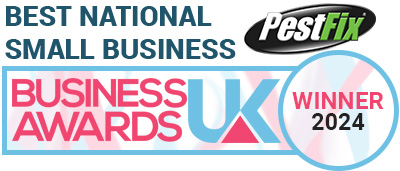The number of gulls breeding on rooftops in the UK is increasing by 30% a year.
Herring Gull Vital Statistics
| Eggs | 2 - 4 |
| Incubation | 28 - 30 days |
| Fledging | 35 - 40 days |
| Maximum lifespan | 31 years |
| Length | 53 - 59cm |
| Wingspan | 78 - 96cm |
| Weight | 690 - 1,495g |
Breeding and Behaviour
Adult Gulls are monogamous and will breed for up to 15 years of their lifespan returning to the same spot every year to nest. Each year they are capable of raising three young. At 3 years old the young themselves are able to breed and will return to their birthplace and fight their parents for the same nest site. Hence the reason one street may be full of gulls and the next clear.
Eggs are laid in May, hatching in June. The most aggressive behaviour occurs in July & August.
Noise problems start as early as March and can go on all through the night. There are increasing reports of gulls attacking people or pets for food and when protecting their young. They can be a danger to the elderly, young children and pets.
Gulls will take advantage of any new food sources supplied by human wastage. They are perfectly capable of finding their own food supply. Do not provide them with an unnatural meal, intentionally or otherwise!
Property Damage
Gulls can pick at roofing materials to build nests and the nests themselves block gutters and hold moisture against the structure.
Gulls build large nests and like to use vents and chimneys to support the weight of their nests. This presents a unique hazard of poisonous gas build-up in the building as they often completely block vents used by gas appliances.
The Law
Local authorities have no obligations by law to deal with Seagulls it is down to individual property owners.
Humane action taken by professional pest control organisations to stop Seagulls from nesting is not illegal. Herring Gulls and Black Backed Gulls are two of the exempt species covered by Natural England’s “Open Licence” scheme allowing building owners and occupiers to deal with pest birds outside of the “Wildlife & Countryside Act”.
Feaces and Disease
Gulls scavenge on litter, rubbish tips and sewage outfall pipes. They can pick-up and transmit E.Coli & other harmful organisms to humans through contact with their droppings













